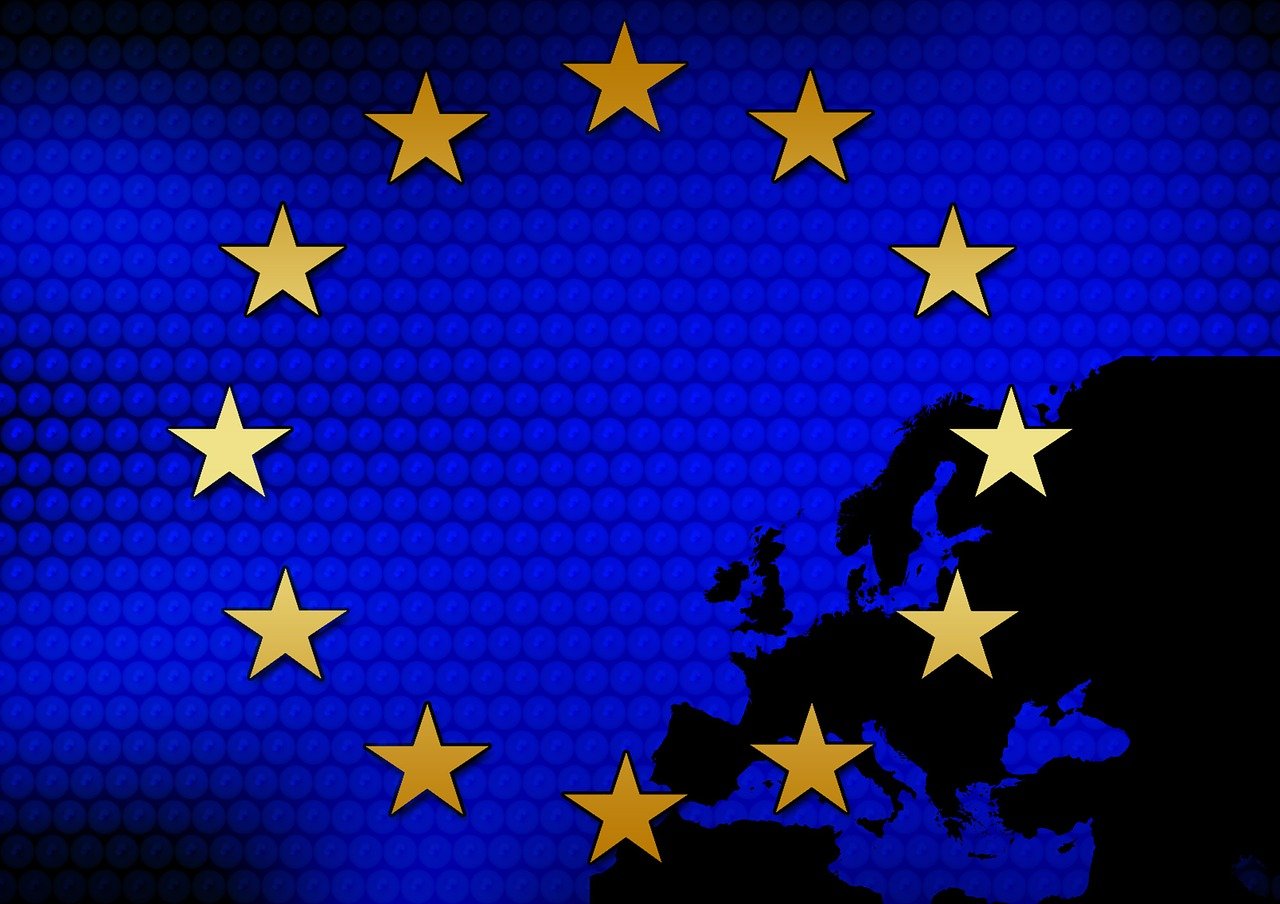Book review: The BBC’s Last Warrior-Statesman by Stephen R.W. Francis

John E. Kaye
- Published
- Opinion & Analysis
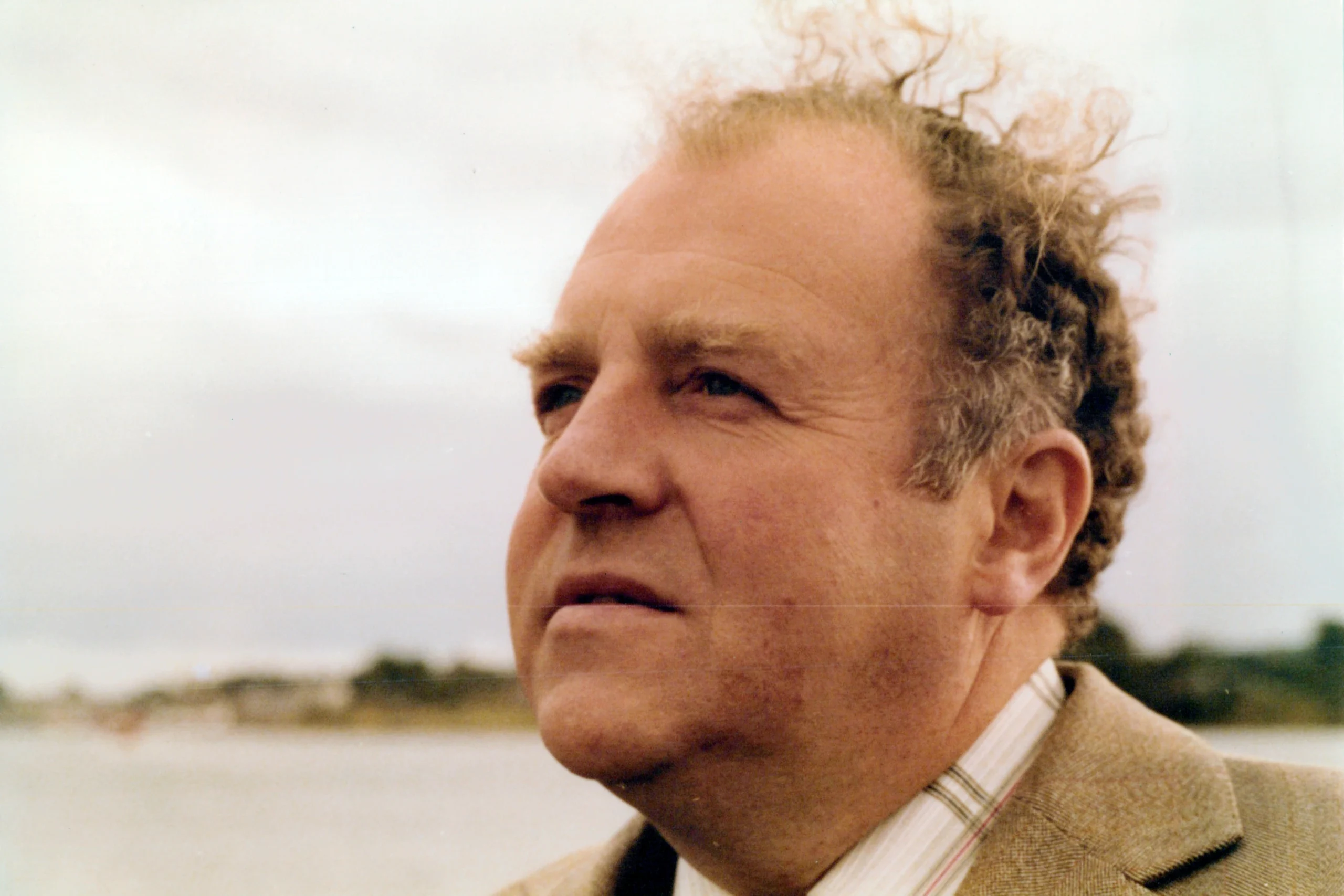
The first memoir of Sir Richard Francis is both an intimate portrait of a pioneering champion of public broadcasting and a snapshot on the BBC at the height of its power, finds John E. Kaye
The BBC has long been held up as a pillar of democracy, with a central purpose to keep the public informed, impartially, independently and without fear.
In The BBC’s Last Warrior-Statesman, we discover how that role was safeguarded under immense pressure, both from those external to the Corporation and those within.
Stephen R.W. Francis’ memoir of his father, Sir Richard (‘Dick’) Francis reveals one of the BBC’s most formidable leaders. A man who helped bring the broadcaster firmly into the modern age and who then stood firm to protect its core values during its most turbulent era.
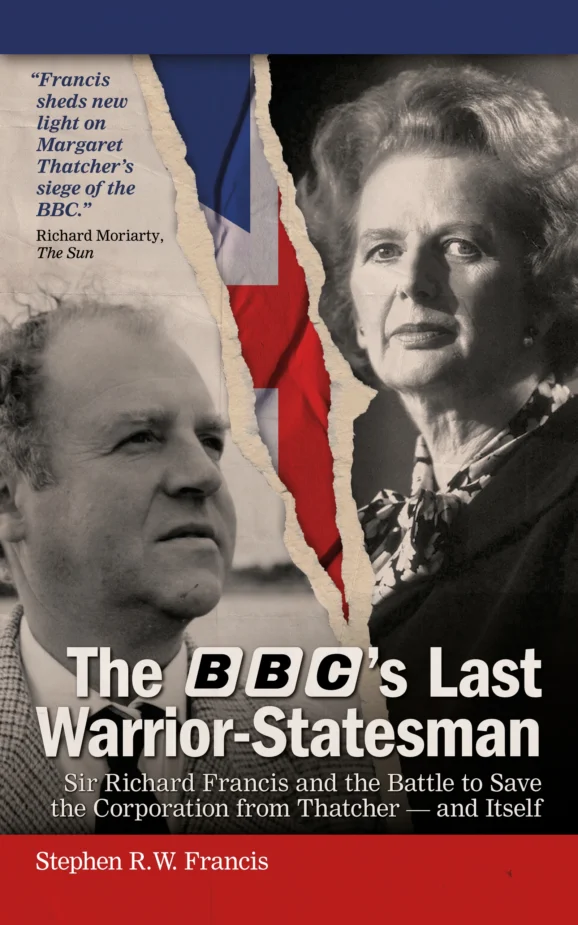
After joining the Corporation in 1958, following National Service, the doughty Yorkshireman rose quickly, becoming part of the new generation of producers who led Director-General Hugh Greene’s push to “open the windows” and remould the broadcaster into an outward-facing institution committed to sharp, independent journalism.
Dick quickly made his name on flagship current affairs programmes such as Panorama, and oversaw the BBC’s coverage of the Kennedy assassination, the Apollo 11 moon landing, and multiple UK general elections.
But this period of his life also, at times, reads like a Boy’s Own adventure. He filed reports from war zones including Vietnam, went undercover in Central Africa, and earned a reputation as the man to send out when the story was big and the risks were high.
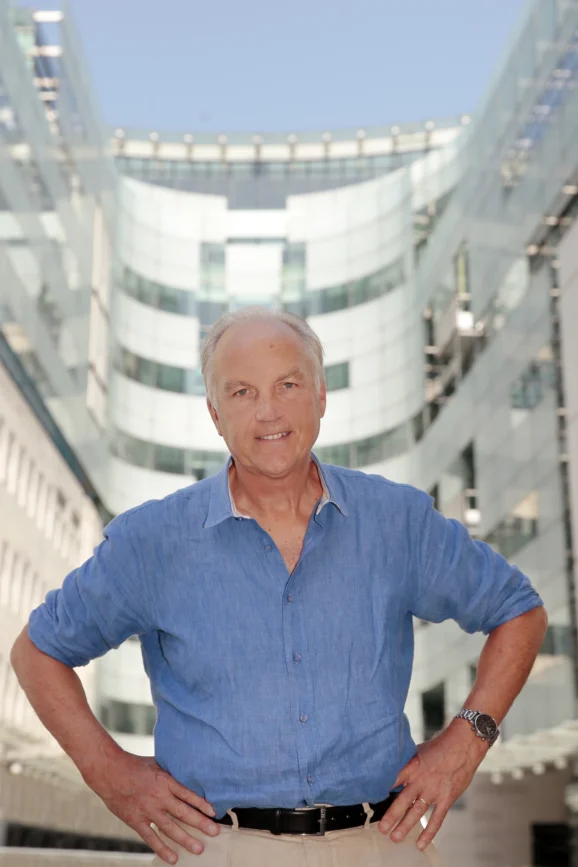
But the real turning point came with his appointment as Controller of BBC Northern Ireland in the early 1970s, during the height of the Troubles.
Here, the pressures only escalated. Francis kept the newsroom functioning despite bomb scares, incessant government demands for censorship, and threats from paramilitary groups. It was in Belfast that he began to face down the two forces that would define the rest of his career — political pressure from Margaret Thatcher’s Government and mounting nervousness within the BBC itself.
One flashpoint came in July 1979, when the BBC’s Tonight programme broadcast an interview with a masked spokesman for the Irish National Liberation Army (INLA), shortly after the group claimed responsibility for the assassination of Airey Neave MP.
Government figures, already incensed by the murder of Thatcher’s closest political ally, demanded the interview be pulled. Francis, however, stood firm, defending the programme’s public interest value and refused to censor the segment, arguing that the BBC had a duty to expose the motives of such groups and let the public see the kind of people who made such threats. The interview aired, sparking uproar in Westminster, but Francis believed it was just the kind of editorial stand the BBC was there to take
In 1977, he became Director of News and Current Affairs. Five years later, during the Falklands War, the BBC came under heavy fire from ministers accusing it of unpatriotic coverage. Again, Francis refused to be cowed. His defiant response, “The BBC needs no lesson in patriotism”, became a defining moment in the battle for editorial independence.
As the 1980s wore on, however, a more dangerous threat emerged — from within the Corporation itself.
In 1985, the BBC came under direct pressure from Whitehall to block the broadcast of Real Lives: At the Edge of the Union, a documentary featuring interviews with prominent figures from both sides of the Northern Ireland conflict, including Sinn Féin’s Martin McGuinness. The Board of Management, including Francis, approved the programme but the Board of Governors intervened, overruling the decision and pulling the documentary — an unprecedented move.
Francis opposed the move but by then his many stands against internal and external forces for populism, censorship and cost cutting were beginning to weigh heavy. They were to cost him his BBC career. As his son relates, he had also been fighting a separate battle to protect the BBC’s radio services, which he believed were being sidelined in favour of television. He and Director-General Alasdair Milne had never seen eye-to-eye, and with Dick’s refusal to compromise standards, Milne found the perfect opportunity to oust Francis. He was summarily and roughly fired in a manner that left even the Board of Governors squeamish and regretful. The blood-letting by his boss, Milne, was to rebound on him as he was also ousted in a similar manner only months later by Thatcher’s new appointee as Chairman, Marmaduke Hussey. The BBC was never the same again.
After leaving the BBC in 1985, Francis was appointed Director-General of the British Council in 1986. Despite his many clashes with PM Margaret Thatcher, she had backed his application, and, three years later she knighted him. During his time in the Corporation, Dick had been known as someone who loved to travel extensively, much to the dismay of the accounts department, and in his new role, he was able to indulge this passion even more extensively, serving as a global ambassador for British culture and education.
But life as a “cigar-chomping Concorde-traveller” finally caught up with him in the early 1990s, with him dying of a heart attack in 1992, aged just 58.
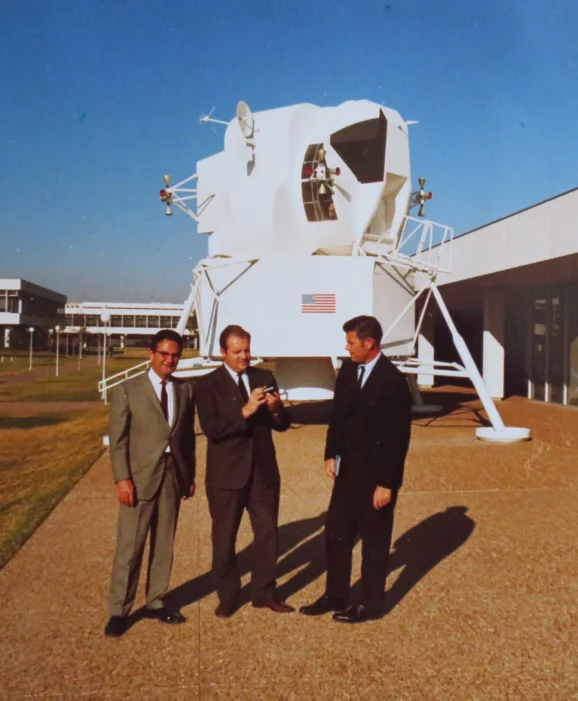
Writing decades later, his son, Stephen R.W. Francis, has reconstructed his father’s impressive career and achievements through a meticulous examination of personal archives, private letters, internal interviews and official documents.
What emerges is a vivid portrait of a pioneering and redoubtable broadcasting icon; a man who was ahead of the curve when it came to technology — championing the early use of satellite broadcasting and supporting innovations such as Ceefax, the world’s first teletext service — and who was a sentinel of the public’s right to be informed. Without question, he was instrumental in making the BBC fit for the modern era, and the envy of the world.
But at the same time, it is a fascinating snapshot of the Corporation during its Golden Age, when television was bold and, as the title says, “warrior-statesmen” led from the front with clear purpose and resolve.
The BBC’s Last Warrior-Statesman is a hefty book, coming in at more than 500 pages, but like the very best TV programmes, it’s unmissable, delivering a riveting account of the power struggle that defined a generation and so much more.
Main image: Dick Francis, the BBC’s last warrior-statesman. Photo: Supplied.
RECENT ARTICLES
-
 Europe cannot call itself ‘equal’ while disabled citizens are still fighting for access
Europe cannot call itself ‘equal’ while disabled citizens are still fighting for access -
 Is Europe regulating the future or forgetting to build it? The hidden flaw in digital sovereignty
Is Europe regulating the future or forgetting to build it? The hidden flaw in digital sovereignty -
 The era of easy markets is ending — here are the risks investors can no longer ignore
The era of easy markets is ending — here are the risks investors can no longer ignore -
 Is testosterone the new performance hack for executives?
Is testosterone the new performance hack for executives? -
 Can we regulate reality? AI, sovereignty and the battle over what counts as real
Can we regulate reality? AI, sovereignty and the battle over what counts as real -
 NATO gears up for conflict as transatlantic strains grow
NATO gears up for conflict as transatlantic strains grow -
 Facial recognition is leaving the US border — and we should be concerned
Facial recognition is leaving the US border — and we should be concerned -
 Wheelchair design is stuck in the past — and disabled people are paying the price
Wheelchair design is stuck in the past — and disabled people are paying the price -
 Why Europe still needs America
Why Europe still needs America -
 Why Europe’s finance apps must start borrowing from each other’s playbooks
Why Europe’s finance apps must start borrowing from each other’s playbooks -
 Why universities must set clear rules for AI use before trust in academia erodes
Why universities must set clear rules for AI use before trust in academia erodes -
 The lucky leader: six lessons on why fortune favours some and fails others
The lucky leader: six lessons on why fortune favours some and fails others -
 Reckon AI has cracked thinking? Think again
Reckon AI has cracked thinking? Think again -
 The new 10 year National Cancer Plan: fewer measures, more heart?
The new 10 year National Cancer Plan: fewer measures, more heart? -
 The Reese Witherspoon effect: how celebrity book clubs are rewriting the rules of publishing
The Reese Witherspoon effect: how celebrity book clubs are rewriting the rules of publishing -
 The legality of tax planning in an age of moral outrage
The legality of tax planning in an age of moral outrage -
 The limits of good intentions in public policy
The limits of good intentions in public policy -
 Are favouritism and fear holding back Germany’s rearmament?
Are favouritism and fear holding back Germany’s rearmament? -
 What bestseller lists really tell us — and why they shouldn’t be the only measure of a book’s worth
What bestseller lists really tell us — and why they shouldn’t be the only measure of a book’s worth -
 Why mere survival is no longer enough for children with brain tumours
Why mere survival is no longer enough for children with brain tumours -
 What Germany’s Energiewende teaches Europe about power, risk and reality
What Germany’s Energiewende teaches Europe about power, risk and reality -
 What the Monroe Doctrine actually said — and why Trump is invoking it now
What the Monroe Doctrine actually said — and why Trump is invoking it now -
 Love with responsibility: rethinking supply chains this Valentine’s Day
Love with responsibility: rethinking supply chains this Valentine’s Day -
 Why the India–EU trade deal matters far beyond diplomacy
Why the India–EU trade deal matters far beyond diplomacy -
 Why the countryside is far safer than we think - and why apex predators belong in it
Why the countryside is far safer than we think - and why apex predators belong in it


